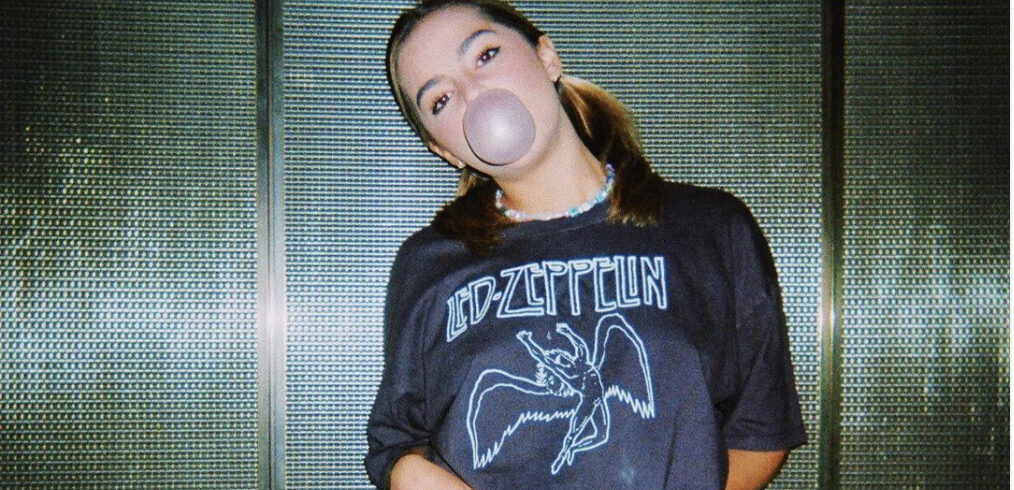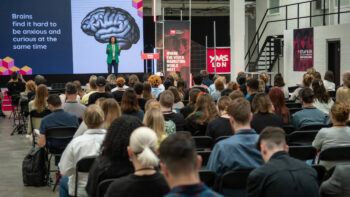
Micro vs. Macro-Influencers : The Next Big Thing in Youth Marketing
Today we hear from Sandrah Nasimiyu, one of our Voxburner US Interns.
Being part of Gen Z, I have witnessed the beauty and horror of growing up in the era of social media, meaning I’m qualified to say: I want to see new faces in influencer marketing. Brands in the past have partnered with lifestyle influencers who create content that has more of a generic aesthetic, as opposed to a personalized style. Brands should be working with micro-influencers who grasp originality, bring new perspectives, and start conversations. Not everything has to be luxurious or look perfect for Gen Z. We want to feel a genuine connection with the people we follow.
Gen Z is leading a shift in social culture by allowing reality to be the new model for influencers. A new era has begun where one can be relatively successful or go through hard times and still be seen as a human and not one-dimensional. Showing personality in its simplest form leads to a greater connection. This is where micro-influencers become more relatable than larger influencers with millions of influencers.
For example, TikTok Influencer @heymisskelsey has 411.6K TikTok followers and posts daily content that consists of lifestyle, advice, and even just random thoughts. This may seem like a range of niche topics however, it falls under one umbrella: her personality. Everything she posts consists of her day-to-day life which her followers appreciated and she has since built a genuine connection and trust with.
You may be asking: What’s an example of an influencer who’s on the opposite side of the spectrum? When I think of an influencer who has too much hype and not enough originality, I think of Tik-Tok influencer Addison Rae, currently sitting at 87.3 M followers on TikTok and 40.4M on Instagram. Rae is known for being beautiful and dancing. The problem is that most of the dances she’s gained popularity from are unoriginal and taken from smaller creators. Personally, I wouldn’t want to buy any product she sells because I know it’s all a marketing stunt. When I try to think of what else she offers, she lacks natural creativity and honesty.
So what does this all mean? It means brands should work more with micro-influencers, although they may have fewer followers. The engagement will be much higher because the audience feels more connected to the person.
[Cover image 📸: @addisonraee on Instagram]



